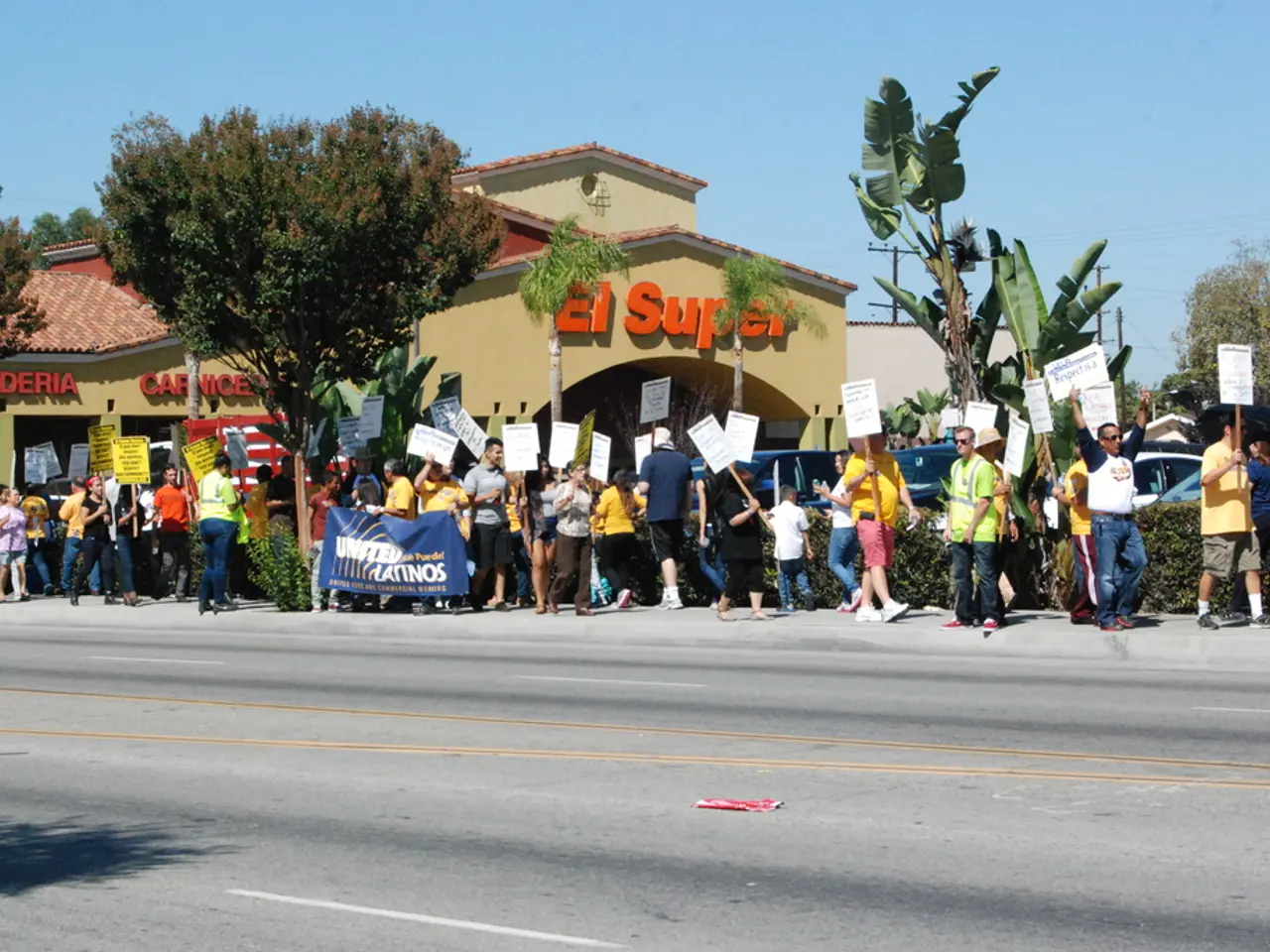Mathematics lecture at Park University to delve into conundrums in elections utilizing the Single Transferable Vote system
==================================================================
In the realm of voting systems, the Single Transferable Vote (STV) method is often hailed for its ability to deliver proportional representation. However, a recent discovery has shed light on some counterintuitive outcomes that challenge the system's claims of fairness.
These paradoxes, known as the positive and negative involvement paradoxes, highlight a peculiar quirk in STV elections. Under certain circumstances, ranking a candidate higher (positive involvement) or lower (negative involvement) on a ballot can paradoxically cause that candidate to lose or win, contrary to intuitive expectations.
The positive involvement paradox occurs when an increase in a candidate's ranking on ballots can perversely cause them to lose. This happens due to the transfer and elimination mechanics in STV, which can shift votes away at crucial stages, harming the candidate's chance of reaching the quota.
On the other hand, the negative involvement paradox comes into play when a candidate's lower rankings or lack of support can paradoxically cause them to win. This occurs when the candidate's lower rankings alter the transfer of surplus votes or eliminations in their favour, helping them reach the quota.
These paradoxes are a product of the complex way votes are transferred when candidates exceed the winning quota or are eliminated, combined with the multi-winner nature of STV elections. Unlike simpler voting systems, STV's transfer processes and quota calculations can create situations where traditional monotonicity (ranking a candidate higher never hurts them) fails.
Research has confirmed these paradoxical effects in practice. A 2025 study titled "Monotonicity anomalies in Scottish local government elections" documented such failures of monotonicity in STV systems. Similarly, the Wikipedia article on perverse incentives in electoral systems highlights that under STV, a candidate can lose by gaining higher rankings and conversely win due to lower rankings.
These paradoxes underscore fundamental challenges in designing fully monotone and strategy-proof proportional ranked-choice voting systems like STV. They serve as a reminder of the limitations in STV's claim for proportionality and fairness despite its widespread use.
On April 16, 2024, David McCune, associate professor of mathematics at William Jewell College, will delve deeper into these paradoxes in a lecture titled "Paradoxes in Negative and Positive Involvement in Single Transferable Vote Elections" as part of the J. Malcolm Good Mathematics Lecture series at Park University. The event, which is free and open to the public, will take place at 3 p.m. in the Jenkin and Barbara David Theater inside Alumni Hall on the Parkville Campus.
McCune's talk will explore how these paradoxes can represent mathematical irrationality in the Single Transferable Voting method and will use examples from past political elections in the U.S. and Scotland to illustrate his points. The lecture promises to be an enlightening exploration of the intricacies of STV and the challenges it faces in ensuring fair and proportional representation.
In the pursuit of understanding STV, it's essential to delve into aspects beyond voting mechanics. For instance, education-and-self-development can involve learning about the nuances of the system, such as understanding the positive and negative involvement paradoxes. These paradoxes, encountered in STV elections, demonstrate how learning is crucial in voting wisely, as a voter's ranking of a candidate (learning about their stance or qualifications) can sometimes paradoxically affect the candidate's outcome.




